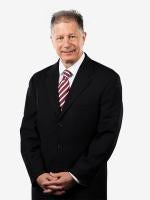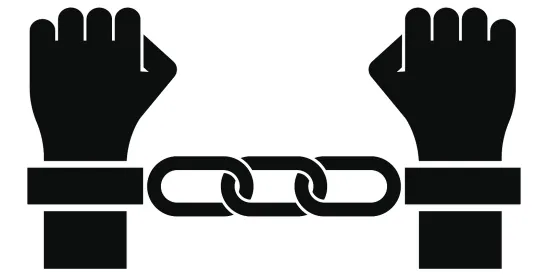The government had alleged that the three defendants violated the Anti-Kickback Statute, which prohibits individuals from referring or accepting the referral of patients covered by a federal health care program in exchange for payment. At trial, the government sought to rely on out-of-court statements from several unindicted co-conspirators and the district court held a pre-trial hearing to determine the admissibility of the co-conspirators’ statements under Rule 801(d)(2)(E). The district court excluded the statements, finding that the government failed to show that the participants whose statements they sought to admit had willfully participated in the scheme, and thus could not show that the alleged conspiracy was illegal. On appeal, the Eleventh Circuit sua sponte raised whether a conspiracy needs to be unlawful for Rule 801(d)(2)(E) to apply.
The three-judge panel unanimously determined the answer: No.
Under Rule 801(d)(2)(E), out-of-court statements made by a party’s “co-conspirator during and in furtherance of the conspiracy” can be admissible. Fed. R. Evid. 801(d)(2)(E). Relying on US Supreme Court precedent predating the adoption of the Federal Rules of Evidence and United States v. Postal, 589 F.2d 862 (5th Cir. 1979), the Eleventh Circuit found that “the admissibility of evidence under Rule 801(d)(2)[(E)] does not turn on proof of an unlawfulconspiracy.” Holland, slip op. at 9 (emphasis in original). Instead, a “joint venture” is sufficient. For example, the Eleventh Circuit noted that the court in Postal found sufficient that the defendants “jointly sailed a boat.” Id. at 13.
The parameters of what constitutes a “joint venture” are unclear, but based on the Eleventh Circuit’s reading of Postal, this definition could be broad indeed. As a result, the Eleventh Circuit’s decision in Holland has potentially wide-ranging implications on the application of the co-conspirator hearsay exception in both criminal and civil cases. In particular, the decision will enable prosecutors in criminal cases and all parties in civil cases to introduce statements of “co-conspirators” from a broader array of activity, including supposed joint ventures that may be unrelated to the alleged illegal or wrongful conduct.




 />i
/>i

